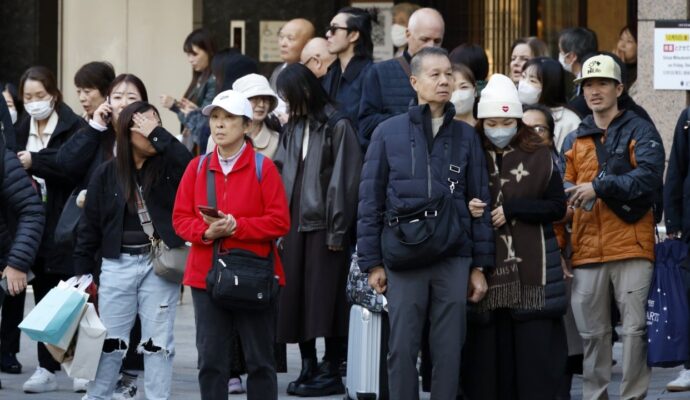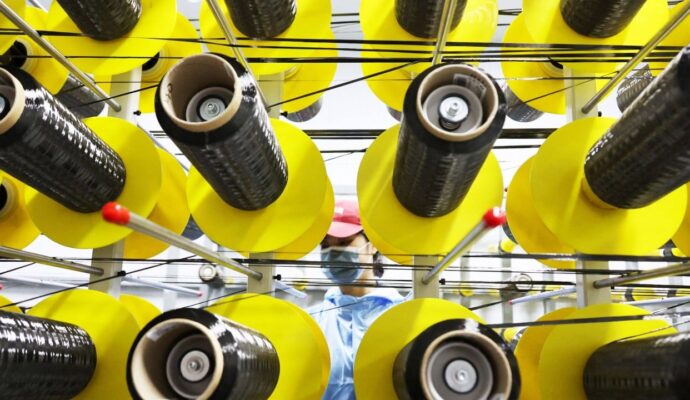The three men were among hundreds of Russian scientists who met their international colleagues in Moscow at the Future Technologies Forum this month to share the latest breakthroughs in quantum research. To the surprise of many participants, Russian President Vladimir Putin even showed up at one of the panel discussions at the Moscow World Trade Centre on July 13.
“This is the first time I have seen the head of state in a quantum meeting. People formed long lines to enter the conference room to see him in person,” said a Chinese quantum scientist who took part in the event but, like the other researchers from China, requested not to be named due to Beijing’s media policy.
Alexey Fedorov, the youngest full professor in the history of the Moscow Institute of Physics and Technology, is working closely with Chinese researchers on quantum algorithms and cryptography. Photo: Russian Quantum Centre
“It is very important to collaborate because together we can make things which are very hard to be done alone,” Federov said.
Federov’s team members want to test their algorithm on the bigger machines in China. They have also visited some quantum research facilities in India, where the government recently announced an ambitious plan to build a 1,000-qubit quantum computer.
“We have many meetings with scientists and we see a lot of potential to collaborate. And from my perspective, the answer is really, really practical. We need to create a BRICS quantum laboratory. We need to go on to the next level of complexity and work in a general organisation, such as the BRICS quantum laboratory, to coordinate standards in quantum communication,” he said.
Ostras saw a potential market in China for his quantum sensors that can detect extremely weak magnetic signals produced by the brain. Ultra-sensitive magnetic detectors usually need to be cooled to an extremely low temperature to work properly, but their sensor, using some unique properties of the rare earth element yttrium, performs just as well at room temperature. This opens the door to many potential applications such as the early detection and monitoring of brain diseases.
Thanks to more than 25 years of continuous research by Russian scientists in this technology, the “potential price of our sensor is 100 times less than of our competitors” but with sensitivity 300 times higher, Ostras said.
Ruslan Yunusov, co-founder of the Russian Quantum Centre, a non-profit research organisation that is leading the development of quantum research in Russia, said the strength of Russian scientists in quantum science had been underestimated.
“Not so many people know, but the Russian school of quantum physics is very, very successful and very strong. And I think that’s the basis for these collaborations,” Yunusov said.
“Now we have some mutual programmes working between Russia and China … and maybe there will be some discussion on the level of ministries not so far from now this year between China and Russia on how to build such a platform.
“The scientific community is not so huge; people know each other. Scientists were already working together in China and Russia. So we need support on the level from high up.”
A BRICS quantum coalition is expected to have its own challenges. China is 10 years ahead of Russia in this field, according to an estimate by some Russian scientists.
India does not have a quantum computer, and its first quantum network has been just up and running for several months. The research in Brazil and South Africa is also in its early stages.

